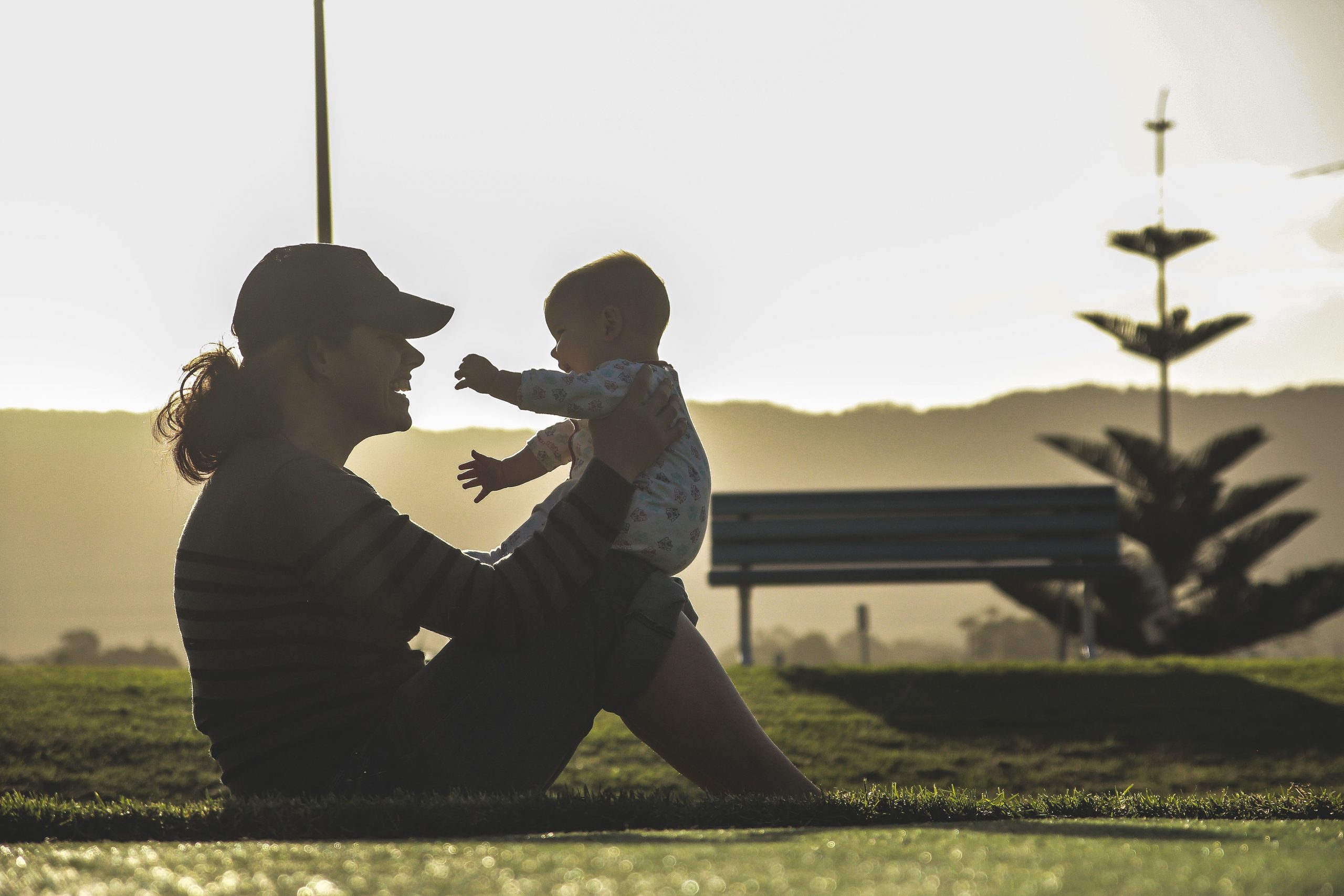COVID Babies
A lot can be said about humanity’s COVID experience, but there is one thing we probably all agree on – it has been very stressful. Despite our current hardships it appears that we may not have witnessed the worst of the COVID repercussions yet.
In an earth-shattering study commented on in the British Medical Journal just a few weeks ago, it was shown that babies conceived during the stress of COVID, and born in the second half of 2020 and 2021, have significantly lower IQ than the average for the same area earlier in this decade. The study showed that these babies have decreased gross and fine motor control, poorer visual reception and less receptive and expressive language skills. Obviously, they are all still very young so they can’t be fully IQ tested, but using the standardised Mullen Scales of Early Learning, it is estimated that their average score is 22 points lower than the babies born between 2011 and 2019. This decrease is most obvious in boys from lower socioeconomic backgrounds. The authors of the study compare the magnitude of deficit to those observed in the children in the Rumanian orphanages in the 1990’s.
This longitudinal study involves 672 children from Rhode Island, USA, who were not infected by COVID. Neither were their mothers. Rather, the reason for this significant decrease in function and development is thought to be due to less meaningful interaction with parents and less outdoor exercise during the pandemic, as well as increased fear and stress experienced by the mother during pregnancy.
This makes sense. Research has shown that stress experienced by the mother during the last trimester of her pregnancy will detrimentally affect the brain development of her baby, especially in boys. Babies’ brains are built on stimulation: cuddles, movement, touch, interaction and engagement with family members, being spoken with and played with, as well as experiencing sensory stimuli: visual, auditory and even olfactory.
A mum (or parents) who cannot connect with their social network, who cannot access essential support from their family and friends, who may be scared about the potential dangers of leaving their home (even if allowed to) is a prime candidate for anxiety and depression. They may be more likely to spend more time on social media and TV, being exposed to an endless stream of scary information. Add to that home schooling, financial worries, personal relationship strains or even violence, and no wonder the parents may not have the energy to fully engage with their new baby. Parents are not withholding intentionally, they are just doing what they need to do to survive.
What does that have to do with us as chiropractors? As I see it, we have an incredibly important role to play. We need to educate and empower parents in our practices and communities to focus on the most important thing in the world – to raise a healthy, happy and capable next generation.
Here are some suggestions for that conversation with parents:
- Talk, smile, read and sing to your baby every day
- Cuddle and touch your baby as much as possible
- Let your baby and children see your face and experience your emotions through your expressions.Only wear a mask when necessary
- Play every day, WITH the children
- Connect socially every day
- Eat well
- Decrease exposure to ‘news’
- Decrease screen time, including social media and games
- Exercise daily, both parents and children (tummy time, moving limbs, changing positions)
- Get outside every day regardless of the weather, both parents and children
- Wear baby in a wrap or a carrier to increase vestibular stimulation
- Explain brain development in children so the parents understand the importance of touch, movement and engagement with their baby, and make sure they share this information with their friends and acquaintances
Rhode Island may not be your local area but COVID knows no borders and neither does the fear. Bring trust and care back into your community by sharing this important information with your tribe today.
Learn more about chiropractic care for kids by joining the Kids’ Summit this weekend. You can start when you wish and have unlimited access for the next 6 months.
Register at www.thekidssummit.com
Yours in health,
Dorte



